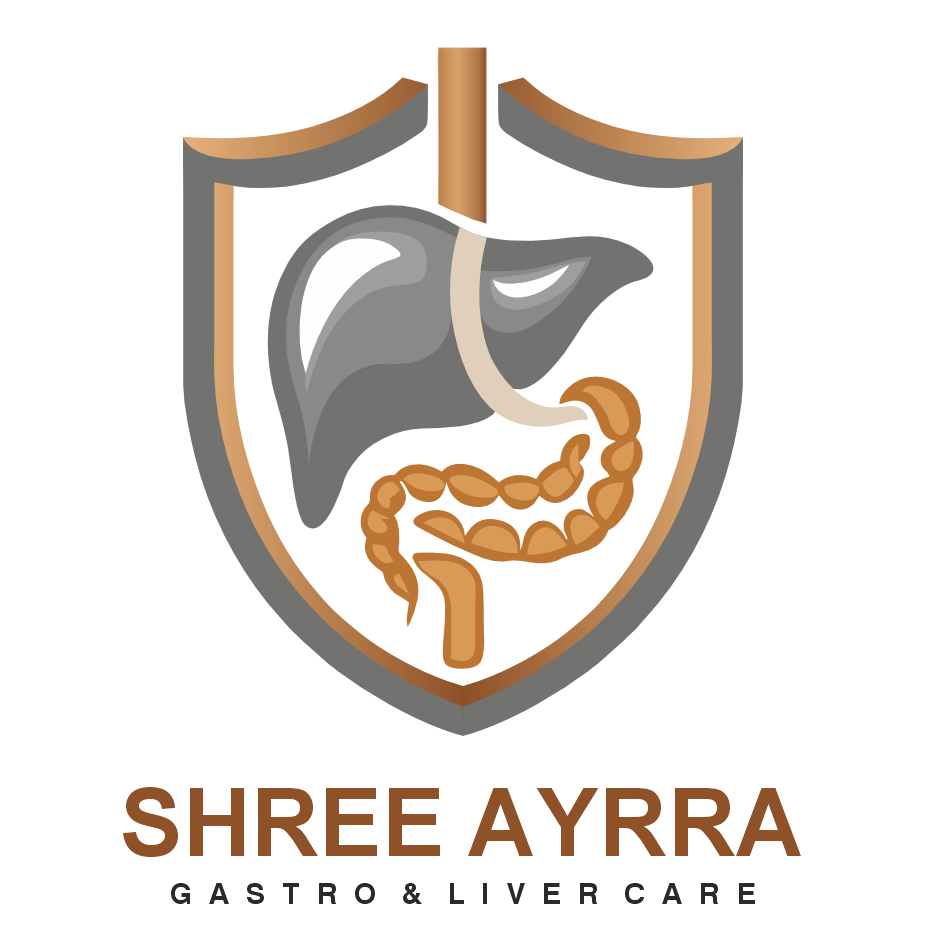Endoscopy
What is an Endoscopy?
An endoscopy is a medical procedure where a doctor uses specialized instruments to view the internal organs of your body. This procedure enables a gastroenterologist to identify issues inside your body by inserting the instruments through the mouth.
During the procedure, a surgeon inserts an endoscope—a flexible tube equipped with a camera—through the mouth. This endoscope allows your doctor to see inside your body. If necessary, the doctor can also use forceps attached to the endoscope to remove tissue samples for a biopsy.
Why Do I Need an Endoscopy?
Endoscopy allows your doctor to visually examine an organ without the need for a large incision. A screen in the operating room displays exactly what the endoscope sees, allowing for a detailed examination.
Endoscopy is typically used to:
- Help your doctor determine the cause of any abnormal symptoms you’re experiencing.
- Remove a small tissue sample for lab testing, known as an endoscopic biopsy.
Your doctor may recommend an endoscopy if you have symptoms of conditions such as:
- Stomach ulcers
- Gallstones
- Unexplained bleeding in the digestive tract
- Tumors
- Infections
- Blockages in the esophagus
- Gastroesophageal reflux disease (GERD)
- Pancreatitis
- Other digestive tract issues
Before scheduling an endoscopy, your doctor will review your symptoms, perform a physical examination, and possibly order blood tests. These steps help the doctor better understand the potential causes of your symptoms and determine if an endoscopy is necessary or if the issue can be treated by other means.
How Do I Prepare for an Endoscopy?
Your doctor will provide detailed instructions on how to prepare for the procedure. Most types of endoscopy require you to avoid eating solid foods for up to 12 hours before the procedure. Certain clear liquids, such as water, may be permitted up to two hours before the procedure, depending on your doctor’s instructions.
Before the endoscopy, your doctor will conduct a physical examination and review your complete medical history, including any previous surgeries.
It’s important to inform your doctor about any medications you are taking, including over-the-counter drugs and nutritional supplements. Additionally, let your doctor know if you have any allergies. You may need to stop taking certain medications, especially anticoagulant or antiplatelet drugs, if they could affect bleeding.
You should also arrange for someone to drive you home after the procedure, as the anesthesia might make you feel unwell.
